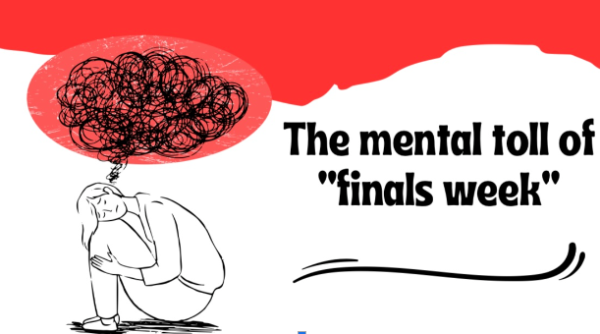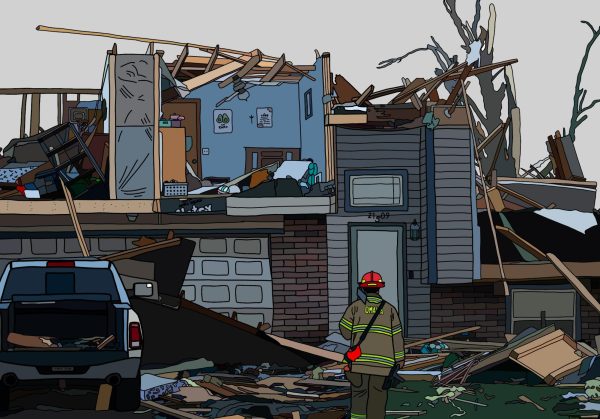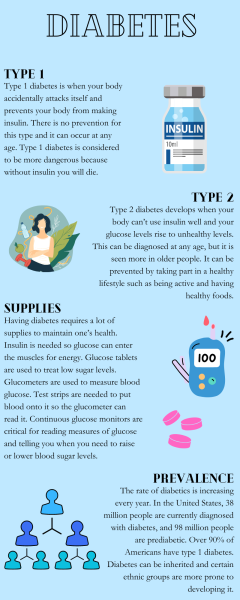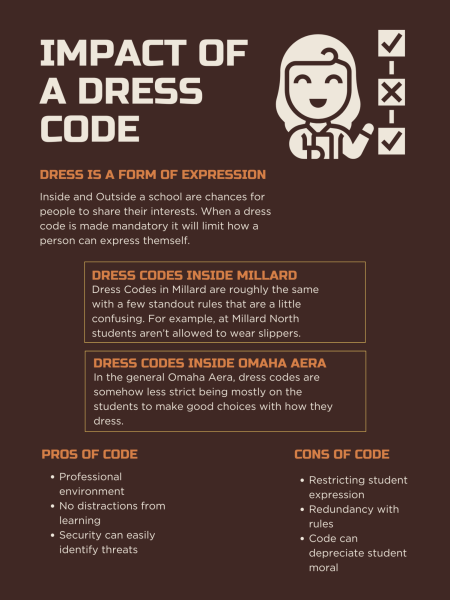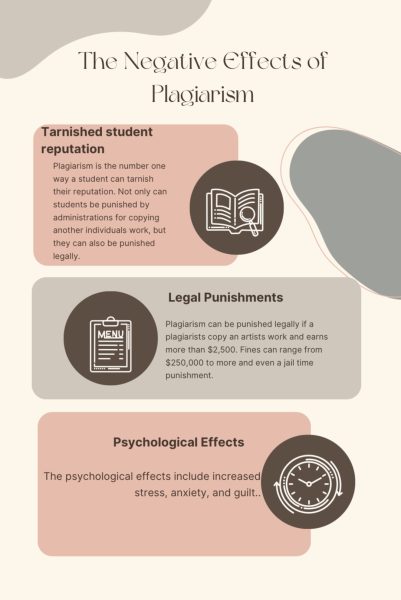In defense of cancel culture
It’s time that powerful people take accountability

Social media has given a voice to people who were previously ignored and allowed them to express concerns about the harmful actions of powerful influencers in society. Influencers have brushed off these demands for accountability by claiming that anyone who criticizes them is trying to cancel them.
December 18, 2020
Celebrity culture says a lot about a society. Observing who a society celebrates, admires and looks up to offers a glimpse into what they value and aspire to. America’s celebrity culture has changed rapidly with the popularization of social media. As this generation has progressed into a social media based influencer age, people who were previously ignored are now given a new platform to voice their concerns. This means that people who were previously shielded from criticism are being called out for problematic and harmful behaviors. Since it’s nearly impossible for them to deny that they did, said or posted something when it was caught on camera, influencers are resorting to other methods to dig themselves out of controversies.
One way they’re doing this is by spreading the idea that “cancel culture is toxic.” They claim that our culture is becoming obsessed with ending the careers of celebrities over minor mistakes. Around 150 of them went so far as to sign an open letter, published in the October issue of Harper’s Magazine, which claimed that “the free exchange of information and ideas…is daily becoming more constricted.” According to the letter, people are no longer allowed to speak their minds without fear of backlash, and influential people have become the primary victims of “an intolerant society” that wants to suppress “good-faith disagreement.”
The letter was signed by J.K. Rowling, Margaret Atwood and Salman Rushdie, among others. It paints a picture of a vicious culture that is willing to destroy the livelihoods of anyone it disagrees with. Of course, it fails to mention that many of these celebrities, so called victims of cancel culture, are still wealthy and famous with thriving careers. It also makes no point to acknowledge that the “good-faith disagreement” that these people are supposedly being canceled for is actually a pattern of harmful behavior that is being exposed; J.K. Rowling, for example, was called out for a series of insensitive comments about transgender people. Essentially, the letter is a 531 word complaint from privileged people demanding that people not hold them accountable, and it is representative of a widespread attempt by influencers to dodge accountability.
YouTuber Jake Paul uses the phrase “dab on them haters” to dismiss valid concerns and write off criticism as jealousy or hatred. However, for every time he dabbed on the haters, he couldn’t erase the financial scam he pushed on his young followers, the ignorant comments he made about anxiety, the massive, maskless party he threw in July or the racial slurs he used. Paul is one person in a sea of influencers who choose to invalidate righteous anger and ignore the harm they have caused. For them, it’s easier to claim that people get canceled over “literally everything” than it is to reflect on their own harmful behavior and make a change.
Despite being a prime example of cancel culture’s alleged victims, Paul still has a net worth of $11.5 million and over 20 million subscribers on YouTube. The fact that famous people bounce back from controversies so easily, often with even more name recognition, is proof that cancel culture does not exist in the ways people claim. While their reputations may take a hit, no celebrity is truly “canceled” because they rarely, if ever, face legitimate, long-term consequences. Often, what celebrities and influencers refer to as being canceled is actually them being called out or exposed.
Cancel culture doesn’t have real implications for celebrities, but it should. Because celebrities are a reflection of society, people have a right to revoke their idol status. In July, Rep. Alexandria Ocasio-Cortez summed it up by tweeting that cancel culture is an entitled term which insinuates that “the person complaining has the right to a large, captive audience and one is a victim if people choose to tune them out.” Cries of “cancel culture” have turned into a pity party for society’s most wealthy, famous and privileged. Nobody has the right to a platform. If a celebrity isn’t willing to use their influence responsibly and consider how their actions and words will not only reflect on them, but on society at large, then they do not deserve to have a large platform.
Demanding more from influencers does not have to mean canceling them over one mistake. Everyone deserves empathy and grace. However, grace isn’t about ignoring people’s mistakes, it’s about helping them grow. A culture of forgiveness and a culture of accountability can coexist. Opponents of cancel culture claim that they are criticizing a culture that doesn’t allow people to redeem themselves after making a mistake, but they’re also giving out passes for influencers to make excuses and move on without owning up to their mistakes. Grace and accountability are not contradictions. Forgiveness is important, but so are reparations. Being non-judgmental is healthy, but so is acknowledging harm.
True accountability is rarely exercised by influencers caught up in controversies. The notorious apology video, often filled with fake tears and claims that they are “sorry if anyone was offended,” are great examples of how not to respond. The influencer checklist of speaking vaguely about the mistake, playing the victim and making excuses are also examples of avoiding accountability. These fake apologies prove that if there is any culture that is toxic, it’s influencer culture, where people care more about money, reputation and popularity than being a good example.
How someone responds to being called out often says more about them than their initial mistake. Influencers love to argue that “it was a long time ago” or “everyone does stupid stuff when they’re young.” They don’t see that one mistake is rarely the issue; it’s a pattern of evading accountability. To be able to recognize and admit to wrongdoing is the ultimate apology. To whine about being canceled is an obvious indicator of immaturity and ignorance. When someone is called out and given a chance to do better and they still choose to play the victim, that reveals true character.
While cancel culture, sometimes called call-out culture, is not always used with the best of intentions, it represents a shift in our culture where people in positions of power are no longer being shielded from the consequences of their actions. The line between call-out culture and performative allyship can be thin, and there is a certain level of virtue signaling when it comes to calling people out. It can become a game of who is “less wrong” or “more woke,” where people judge others without looking at their own mistakes. But it can also be a way for people to demand accountability and a way for influencers to prove they can be responsible with their platform.
This isn’t about people being too easily offended or celebrities making minor mistakes. This is about a culture and society that is willing to defend and protect inappropriate behavior, sexual harassment, transphobia, racism and homophobia. This is about a culture that lets the most powerful, privileged people play victim instead of taking responsibility for their actions. Cancel culture is a symptom of a society that is finally starting to demand more from them.







